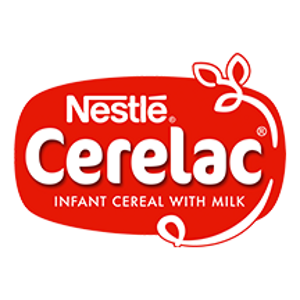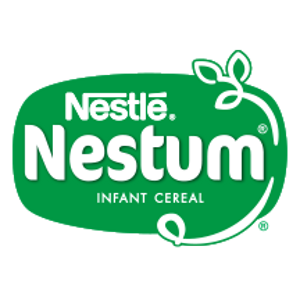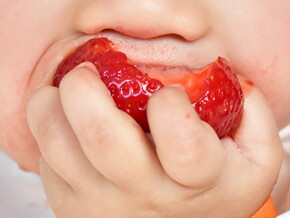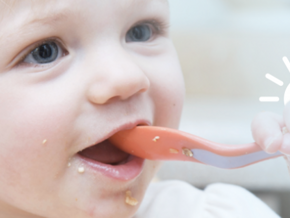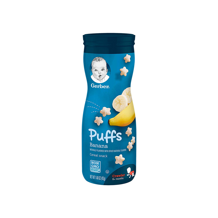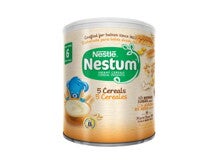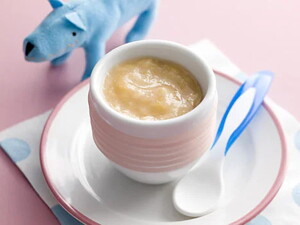
What’s a healthy breastfeeding diet?
Get to know more about the c-sections, how they are done, the risk and how to take care of yourself after the procedure. Click here and learn everything about it.
During the first months with your baby, a well-balanced breastfeeding diet is not only essential for the mother's health but also significantly influences the quality of breast milk provided to the newborn. Rich in nutrients, a breastfeeding diet ensures that the infant receives the optimal nourishment required for growth and development.
So, it becomes vital for mothers to prioritize wholesome, nutrient-dense foods, encompassing a spectrum of vitamins, minerals, and essential fatty acids.
In Baby & Me, we want to uncover the nutritional nuances that contribute to a robust breastfeeding diet, addressing common concerns and offering practical insights. From superfoods that enhance lactation to dietary considerations for specific needs.
How To Achieve a Healthy Breastfeeding Diet?
Achieving a healthy breastfeeding diet is a cornerstone of maternal well-being and optimal infant development.
You must diversify your meals to encompass a broad range of nutrient-dense foods. Incorporate a colorful array of fruits, vegetables, whole grains, lean proteins, and dairy products to provide a spectrum of essential vitamins and minerals.
Also, staying well-hydrated is crucial for maintaining an ample milk supply. Aim for at least eight glasses of water per day and consider herbal teas or diluted fruit juices as alternatives.
But remember, it's important to eat in moderation. Listen to your body's hunger and fullness cues and be mindful of portion sizes to maintain a healthy weight.
Remember, a healthy breastfeeding diet is not about strict rules but rather about making informed and conscious choices to support both your well-being and that of your growing baby. Listen to your body, enjoy a variety of nutrient-rich foods, and savor this special bonding time with your little one.

Which Food Should I Eat During the Breastfeeding Diet?
Selecting the right foods is instrumental in providing the essential nutrients for you and your child. So ere's a guide on which foods to include in your breastfeeding diet.
- Incorporate an abundance of leafy green vegetables like spinach, kale, and broccoli. Packed with vitamins A and C, as well as iron and calcium, these greens contribute to your overall health and the nutritional content of your breast milk.
- Opt for whole grains such as oats, quinoa, and brown rice. These grains are excellent sources of complex carbohydrates, fiber, and B-vitamins, providing sustained energy for both you and your baby.
- Include lean protein sources like poultry, fish, lean beef, tofu, and legumes in your meals. Protein is vital for tissue repair and the growth of your baby.
- Embrace a colorful array of fruits and berries for their rich vitamin and antioxidant content. Berries are known for their nutritional density and can be a delicious addition to snacks or meals.
- Incorporate sources of healthy fats such as avocados, nuts, seeds, and olive oil. These fats are crucial for brain development and can contribute to the creamy richness of your breast milk.
- Ensure an adequate intake of calcium by including dairy products or fortified plant-based milk alternatives in your diet. Yoghurt and cheese are also excellent sources of probiotics, which can promote a healthy digestive system.
- Include fatty fish like salmon, mackerel, and sardines in your diet. These fish are rich in omega-3 fatty acids, which are essential for the development of your baby's brain and eyes.
- Incorporate iron-rich foods like lean meats, beans, lentils, and fortified cereals to meet your increased iron needs during breastfeeding.
- Include a variety of colorful vegetables to ensure a diverse range of nutrients. Carrots, bell peppers, sweet potatoes, and tomatoes are excellent choices.
What Foods and Beverages to Avoid While Breastfeeding?
While maintaining a healthy and balanced breastfeeding diet is crucial, certain foods and beverages are best consumed in moderation or avoided altogether to ensure the well-being of both you and your baby.

Caffeine
Limit your intake of caffeinated beverages, such as coffee, tea, and energy drinks. While moderate caffeine consumption is generally considered safe, excessive amounts can make your baby irritable and affect their sleep patterns.
Spicy Foods
Some babies may be sensitive to strongly flavored or spicy foods. While many breastfeeding mothers can enjoy a variety of spices without issue, observe your baby's reactions and adjust your diet accordingly if you notice any signs of discomfort.
Certain Allergenic Foods
Pay attention to potential allergens in your diet, especially if there is a family history of allergies. Common allergenic foods include cow's milk, eggs, peanuts, tree nuts, soy, wheat, and fish. If you suspect an allergy, consult with a healthcare professional for guidance.
Highly Processed Foods
Minimize the consumption of highly processed and sugary foods. Opt for whole, nutrient-dense foods to provide the best quality nutrition for you and your baby.
Unpasteurized Dairy and Raw Seafood
Avoid unpasteurized dairy products and raw seafood, as they pose a risk of bacterial contamination that can be harmful to both you and your baby.
Always pay attention to your baby's reactions to different foods and beverages and consult with your healthcare provider or a registered dietitian if you have any concerns. Every breastfeeding journey is unique, and tailoring your diet to both your preferences and your baby's needs is key to a healthy and enjoyable experience.

Gain a better understanding of your child's development with the help of our stages


